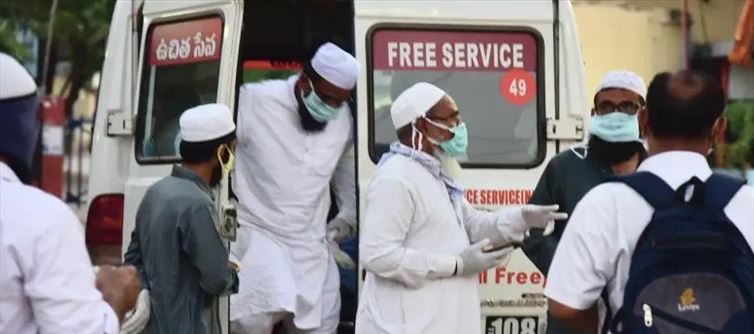
Doctors said that it was getting more challenging to diagnose dengue patients because to the same symptoms of several viruses and diseases. There has undoubtedly been an increase in viral and dengue cases in the area, according to Dr. rahul Agrawal, HOD (Internal Medicine) and infectious diseases expert at a prestigious hospital in Hitec area. The most frequent causes include travel, crowded environments, tainted food and drink, and mosquito bites.
Dengue incidence increased in september compared to August, although they may start to decline once the rainy season is through. But there's a good chance that viral fevers will increase in the following weeks," he warned. Even though the hospital sees about 30 people each day, he said that only a handful needed to be admitted. He said that fever, cold, cough, weakness, nausea, exhaustion, bodily aches, and vomiting were the most typical symptoms.
There has been an increase in dengue and influenza cases recently, according to Dr. Spandana Kanaparthi, a general practitioner and diabetologist in consultation. The majority of patients present with rash, myalgias, and fever. If the fever persists for more than three to five days, see a doctor and get the appropriate blood tests to prevent problems. Additionally, influenza can result in pneumonia and respiratory failure in severe instances. Therefore, the best method to lower the risk is to receive an influenza vaccination each year.
According to medical professionals, respiratory tract infections are now the second most common cause of disease, behind viral fever, with Covid-19 positive individuals suffering the most. In situations where comorbid diseases existed, doctors emphasised that patients with dengue and respiratory tract infections required hospitalisation and extensive treatment. During the previous month, at least 30 episodes of fever were recorded at Dr. Sri karan Uddesh Tanugula's OPD, a general practitioner consultant. Although dengue was highly transmissible, according to him, the severity was lower than in past years, and patients were getting to hospitals at an early stage of the sickness.
"People need not panic even if they contract dengue unless there is a bleeding manifestation, such as bleeding from the nose or gums," he stated. Furthermore, even if the count rises to 50,000, there is no need to rush to have a platelet transfusion. A patient doesn't require a transfusion until the count falls below 10,000.




 click and follow Indiaherald WhatsApp channel
click and follow Indiaherald WhatsApp channel